The art of rhetoric


Bessemerbiblioteket
RHETORIC
an art that claims to influence the capability
of a speaker or author to:
Inform
Persuade
Motivate
CICERO
106 - 43 B.C.
Delectáre - Please you audience
Docére - Teach your audience
Movére - Move your audience
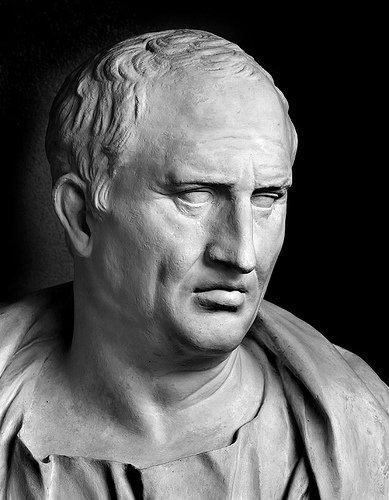
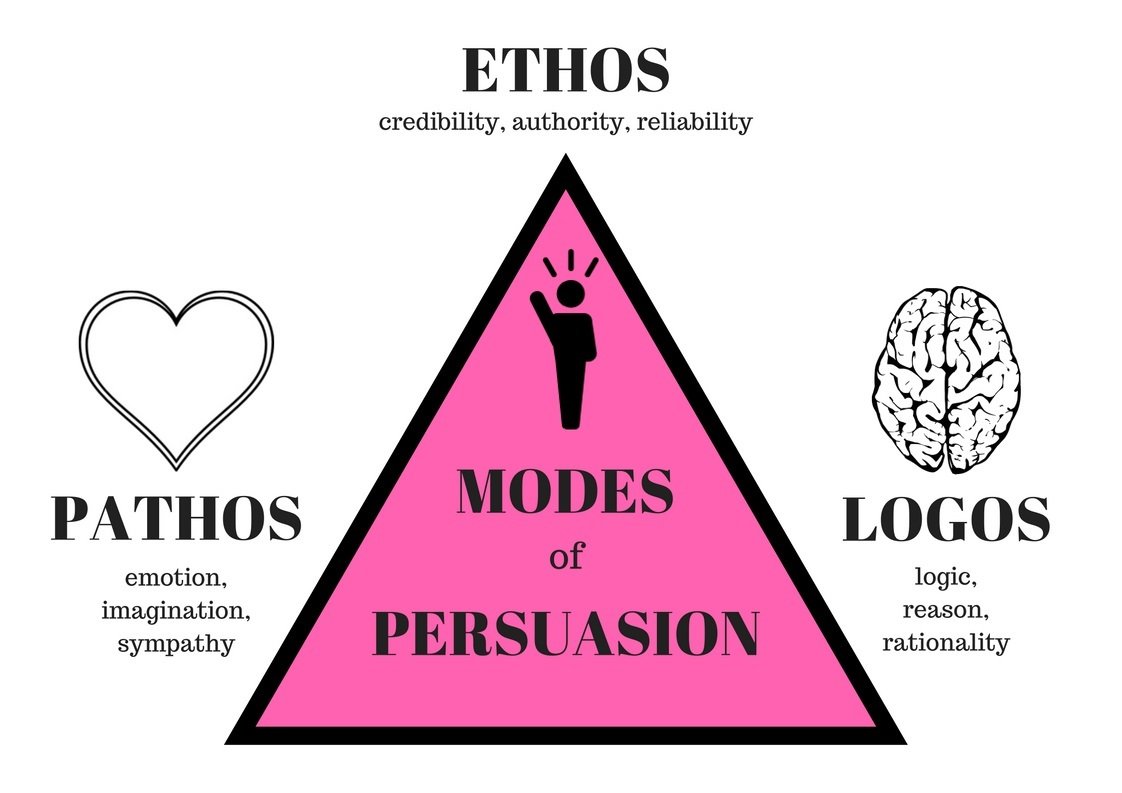
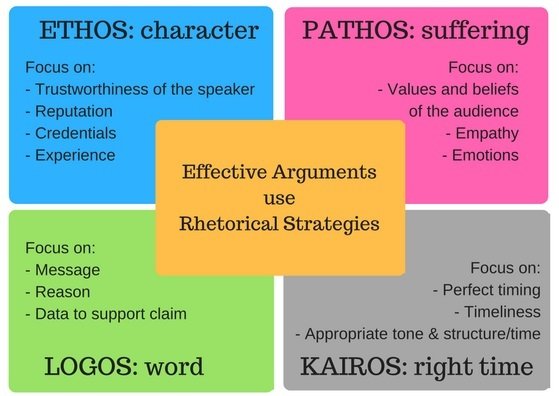

irony1
ˈʌɪrəni/
noun
noun: irony
-
the expression of one's meaning by
using language that normally signifies the opposite, typically for humorous or emphatic effect.
Irony
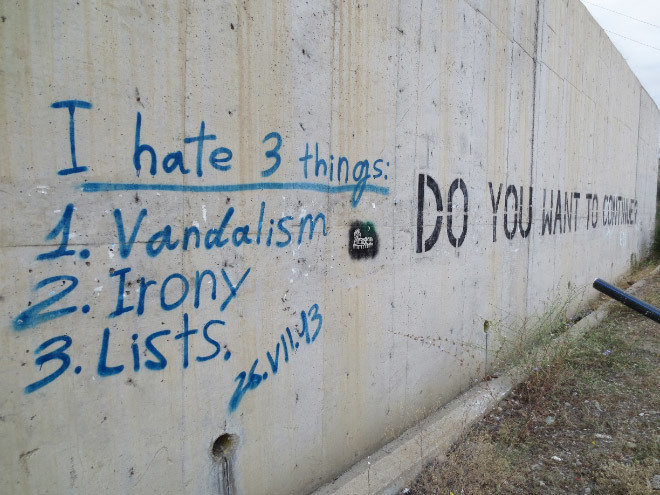
metaphor
ˈmɛtəfə,-fɔː/
noun
noun: metaphor; plural noun: metaphors
-
a figure of speech in which a word or phrase is applied to an object or action to which it is not literally applicable
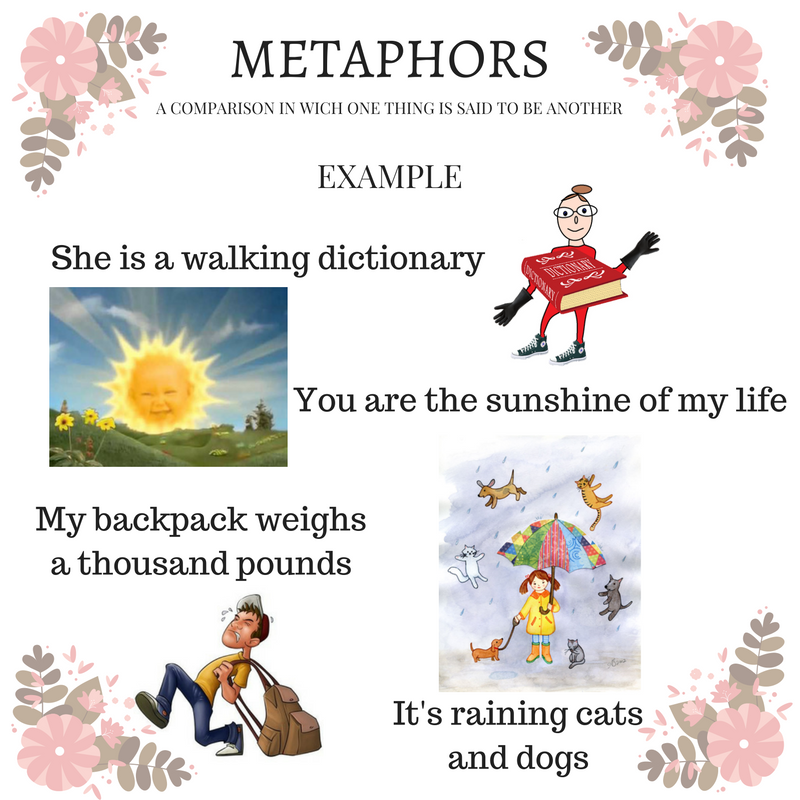
simile
ˈsɪmɪli/
noun
noun: simile; plural noun: similes
-
a figure of speech involving the comparison of one thing with another thing of a different kind, used to make a description more emphatic or vivid (e.g. as brave as a lion ).
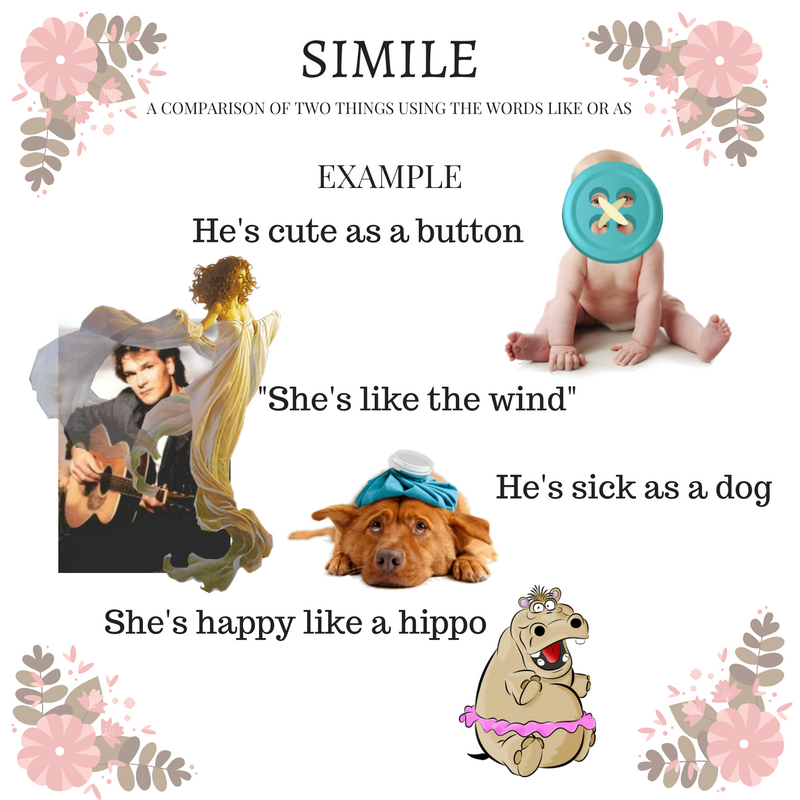
Alliteration
is a term that describes a literary stylistic device. Alliteration occurs when a series of words in a row (or close to a row) have the same first consonant sound. For example, “She sells sea-shells down by the sea-shore” or “Peter Piper Picked a Peck of Pickled Peppers” are both alliterative phrases
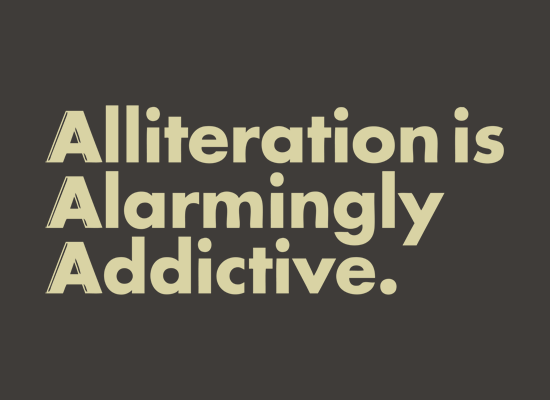
A rhetorical question
is a question that you ask without expecting an answer. The question might be one that does not have an answer. It might also be one that has an obvious answer but you have asked the question to make a point, to persuade or for literary effect.
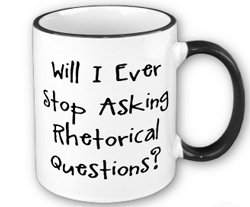
How to give a speech
- Preparation
- Nerves
- How to begin
- Three things
- How to finish

Okay, so you are going to talk in public...
Get prepared!
Inform yourself
Whoops, something went wrong!
Nerves

Natural stressor - Fight or flight!
Natural and GOOD!
We perform best when we are reasonably nervous.
Learn how your stress manifests itself!
How to deal with nerves
Pratice makes perfect
Focus by holding something in your hand
Find your "friends" in the audience
Elocution
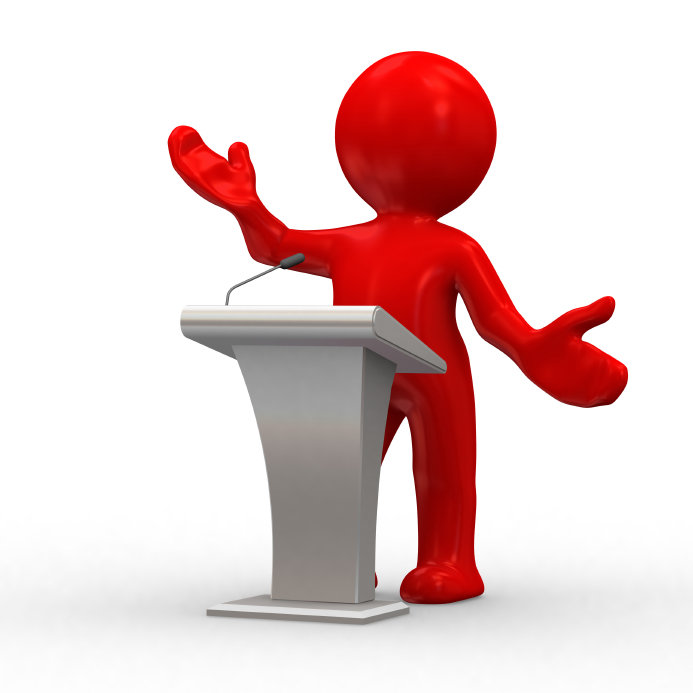
Posture and physicality
Breathe with your stomach
Articulate
Don't fear the silences
Notes or not?
If you can do your speech without looking at your notes you seem confident and credible
Do prepare notes with key phrases and facts
If you lose your train of thought check your notes and find your place. The audience don't find pauses to be uncomfortable.
How to be a kickass audience
Be attentive
Display open body language
Make eye contact with the speaker
Nod to show that you are awake
Be quiet
How to begin
The beginning of your presentation sets the tone...
Welcome your audience
Remember to introduce yourself and your topic
Hint: Memorize the first three sentences of your presentation!
Tell the audience if you welcome questions or if you will give them time for questions at the end.
Beginning phrases
Welcome, today I will be speaking about...
To begin with I will talk about...
This presentation concerns...
I will describe how....
I will compare...
Three things!
To not belabour a Point or exhaust your audience, find three things
that pinpoint your topic.
For instance:
The three strongest arguments
Using Logos, Ethos, Pathos arguments
Three scenarios
Three key facts
All's well that ends well!
The audience will remember how you started your presentation and how you ended it
A nice way to finish is to somehow tie together your beginning and your end.
For instance by answering your initial rhetorical question.
Remember to thank your audience!
Words to end with
In conclusion
Finally
And with these words I want to thank you for listening.
Lastly
To sum up
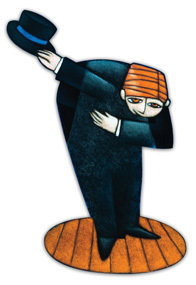
Now, I will take any questions
you might have...
Thank you for listening,
you have been a wonderful audience!

deck
By besskirsi
deck
- 2,646



